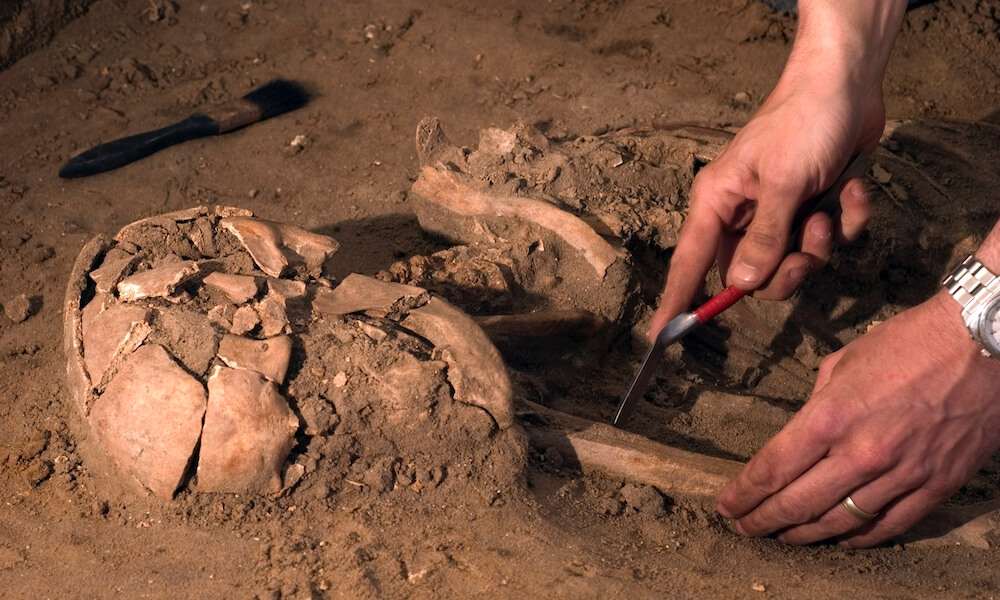Kizzmekia Corbett, an African American woman, is praised as key scientist behind COVID-19 vaccine
Source: ABC News
Learn about the educational path that led to the successful development of a desperately needed vaccine.

Learn about the educational path that led to the successful development of a desperately needed vaccine.

Fugitive African slaves seeking freedom in early America found refuge at St. Augustine. Granted freedom by the Spanish, these skilled laborers eventually established the first legal free black town in the present-day United States.

Check out this link to try out some cool interactive perception tests that demonstrate how our sense of time can be distorted.

Just like the California Gold Rush spurred people to flock to California in search of a fortune, Sailesh Ramakrishnan predicts that companies and investors will make a mad dash to the space sector.

What would you do if faced with the opportunity to email a tree? Would you write fan mail and love letters? For many Melburnian citizens, the answer is yes!

Measuring intelligence in animals is tricky business when every animal processes information differently. Read the article and click through the slideshow to learn how different species show their smarts.

Juliane Koepcke recounts surviving a plane crash and eleven days alone in the Peruvian jungle decades earlier.

Is the curse surrounding King Tut’s tomb real? Some people think so— read about why.

As more and more people live in urban areas and have limited exposure to the outdoors, more people are becoming afraid of nature. Read this article to find out about the dangers of nature phobias on people and the planet.

How do we know what is real? This article includes some striking visual illusions and explains how they serve as a good reminder that our perception of reality is not always accurate.